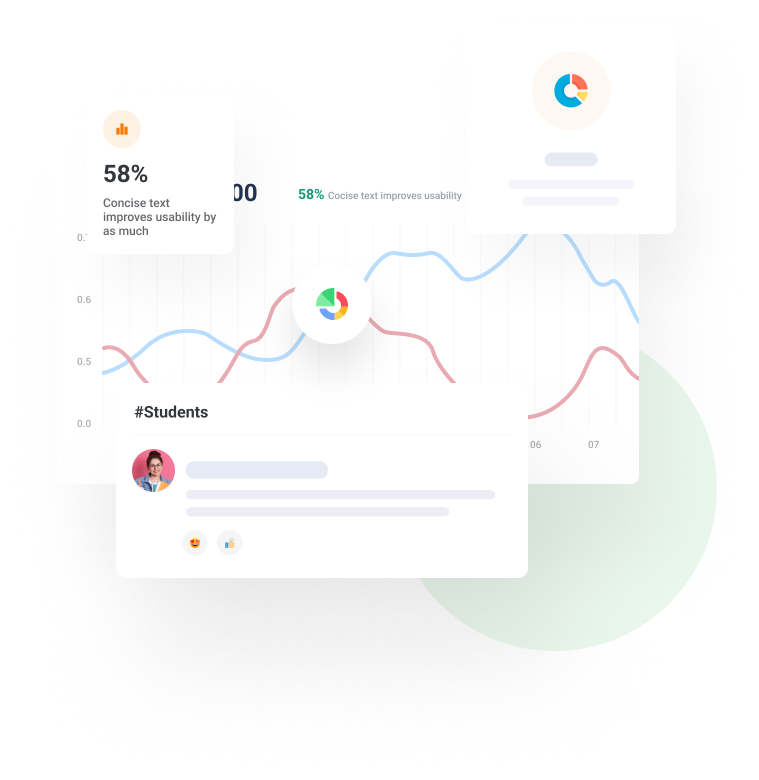Positive Student Impacts of an Unlimited, Randomized Self-Assessment Quiz Per Chapter: Study Habits, Self-Efficacy, and Learning Outcomes
Published 2025
Authors
Dr. Annie Hui
zyBooks, A Wiley Brand
Dr. Nkenge Wheatland
zyBooks, A Wiley Brand
Chelsea L Gordon
zyBooks, A Wiley Brand
Ms. Efthymia Kazakou
zyBooks, A Wiley Brand
Neil Thawani
zyBooks, A Wiley Brand
Michael Goldwasser
Saint Louis University
Dr. Yamuna Rajasekhar
zyBooks, A Wiley Brand
Abstract
Many introductory computer science and engineering students excessively struggle with course content, leading to reduced self-efficacy, learning outcomes, and retention in the major. Since engineering concepts build upon earlier material, developing a strong foundation with earlier material is key to reducing excessive struggle with later material. Research shows that enabling a student to assess their progress in the learning material is a way to improve study habits, as well as improve self-efficacy. In this study, an online exam system delivered a self-assessment quiz as the last section of each chapter used in the course’s online textbook on the zyBooks platform. A student could take the self-assessment quiz anytime and as many times as desired; the student could see their overall score after submitting a quiz attempt. Students received a few course points for attempting each self-assessment quiz. This pilot study is based on an introductory computer science (CS) course offered during Fall 2024 with approximately 124 students total and 17 self-assessment quizzes. Each quiz contained question types common in CS exams: Multiple choice (5-8 per quiz) and parameterized code writing questions (2-3 per quiz) with immediate auto-grading. The code writing questions were randomized per exam attempt, enabling a different challenge for repeat attempts. The goal of the pilot was to measure the impact on students’ study habits, self-efficacy, and learning outcomes. Students completed a 25-item survey regarding knowledge of course content and self-efficacy, at the start and end of the course. At the end of each chapter, students were offered the self-assessment quiz, followed by a brief survey on the insights the student gained about their understanding of the material, and impact on study habits and self-efficacy. This paper presents exploratory analyses examining students’ self-assessment quiz usage patterns through the course, quantifying students’ engagement with the self-assessment quizzes, and gathering insights into whether students found the self-assessment quizzes helpful, enjoyable, and worthy of inclusion in the course.




